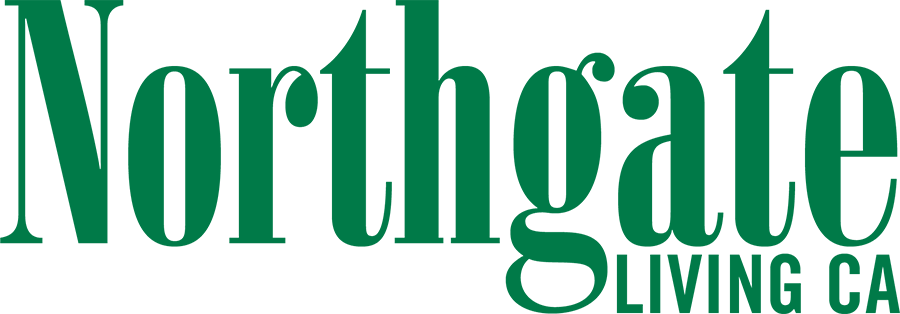Most people think of cosmetic surgery as requiring general anesthesia and being “put to sleep” for major procedures. What if you could undergo your procedure completely awake and remain pain-free? Thanks to local anesthetic techniques developed by plastic surgeons and dermatologists like Dr. Donald Lalonde and Dr. Jeffrey Klein, it is now possible to undergo a wide variety of plastic surgeries completely awake and pain-free.
These techniques include the use of modified numbing solutions that eliminate pain as well as distraction techniques during surgery including the use of physical modulation such as vibratory stimuli as well as audiovisual distraction in the form of virtual reality goggles that can allow patients to stream a movie or listen to their favorite music. Having your elective and cosmetic surgeries performed without the use of a ventilator and inhaled anesthesia eliminates cardiac and pulmonary risk, deep venous thrombi (blood clots) and pulmonary emboli, postoperative nausea and vomiting, head fog and postoperative fatigue.
Patients who undergo procedures with local anesthetic often report no pain, quick recovery in as little as 24 hours and rapid return to work. Preoperative hunger and thirst are reduced. Seniors with medical conditions that pose increased risk with general anesthesia as well as those at risk for sleep and memory disturbance can do much better when undergoing the same procedure awake.
Here at Veritas Plastic Surgery Dr. Vivian Ting has perfected the use of local anesthetic and nerve blocks to perform a variety of cosmetic surgeries including awake abdominoplasty (tummy tuck) with or without muscle repair, body contouring with liposuction and BodyTite RFAL (radiofrequency assisted liposuction for skin tightening), fat grafting, scarless brachioplasty (arm lift) as well as modified open brachioplasty, FaceTite RFAL (facial contouring of the chin, jowls, and jawline), face and neck lift, eyelid lift and labiaplasty.
Similar techniques are used with carpal tunnel release as well. Topical anesthetics are routinely used in the office for laser procedures and minor surgeries. Candidates should be free of general anxiety disorder. Patients are often able to participate in their procedures by making positioning easier and giving immediate feedback as to their result.
In the current Covid-19 environment it is now known that having an occult Covid infection while undergoing general anesthesia can increase perioperative risk and mortality due to increased blood clotting and pulmonary issues. Dr. Ting believes that as these local anesthetic techniques continue to be refined there will be a paradigm shift away from the use of general anesthesia for many plastic and cosmetic surgeries. If you have thought about having cosmetic surgery but were afraid due to fears of general anesthesia, think again and schedule a consultation!
By Vivian Ting, MD, FACS, Veritas Plastic Surgery

